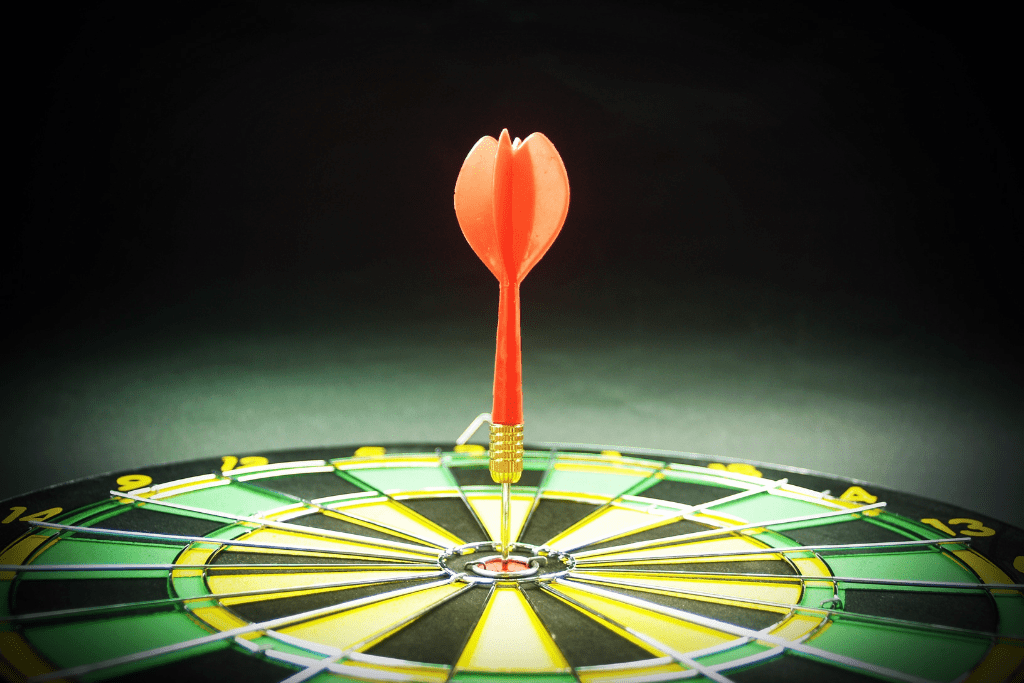You can stay focused on studying by performing rituals. A pre-study ritual can include setting up a study space, avoiding distractions, making a to-do list, or even performing a short exercise session. These rituals will help your brain to become more focused and train it to concentrate. The more rituals you do, the more effective they will be.
Set a timer
Having a timer is a great way to keep yourself focused when you are studying. By setting a timer on your phone or watch, you will know how long you have to study before you need a break. Doing so will not be tempted you to space out or read more than you need to review.


Another strategy is to make a detailed study schedule for yourself. A study plan that is very specific is more likely to keep you focused on your goals. A simple "do math assignment, questions 1 to 3" is not detailed enough, so be sure to write down more specific tasks. Another way to help yourself stay on track is to post your study schedule somewhere visible. This will prevent interruptions and will also increase accountability.
One method to help you stay focused on studying is to use the Pomodoro Technique. This is a time-management technique that involves a timer, a to-do list, and a timed break. You should spend about 25 minutes studying at a time, then take a three to five-minute break.
Avoid distractions
The key to staying focused on the study is avoiding distractions. Distractions can be anything that takes your attention away from the task at hand. It may be as simple as a cell phone or other electronic device buzzing in the background. If this is the case, you should avoid the temptation to check your phone and switch to a different table in the library or in a quiet room. Keeping the phone in a "Do Not Disturb" mode or a "Do Not Disturb" alert will allow you to concentrate.


To avoid this, you must know the triggers for your distractions. For example, you might find yourself texting while studying. If this happens, note down the specific distraction and tell yourself that you need to avoid it. If the distraction persists, turn off the device or turn it on to do not disturb mode. If you have friends calling you, tell them you need to focus on your work.
Distractions from your cell phone are a major source of distractions when studying. Constant notifications can cause your concentration to be thrown off, resulting in two hours of wasted study time. To avoid this, turn off the notifications on your phone and other personal electronics, and silence any notifications you don't need to check.
Visualize concepts
Try mind mapping if you're a visual learner. This non-linear method of taking notes can assist you in making associations between pieces of information and provides you with a visual overview of everything you need to know. Begin with your main subject, then expand with vocabulary words, subtopics, characters, formulas, important dates, and other relevant information. You can create mind maps on your own or with your study group as a warm-up activity.


Break down tasks into smaller chunks
Breaking a big task into smaller parts is one of the most important study habits to developing. Doing this will make the entire task seem less intimidating and more manageable. By breaking the task into smaller pieces, you will have a chance to work on one small task at a time, making it easier to finish the larger task.
Breaking large projects into smaller ones will allow you to focus and avoid distractions. For example, writing a paper may involve writing an outline, conducting research, and then drafting the paper. By breaking the task into smaller parts, you will be more productive and efficient. It will also prevent you from becoming overwhelmed with a huge project.


Another way to stay focused on the study is to create a schedule. Make sure you allocate specific time for each task. Make sure to make your plan realistic, and don't try to squeeze too much into a single day. Breaking up large tasks into smaller ones is a great way to stay focused on studying.
Reward yourself for accomplishments
If you're working towards a goal, reward yourself for the small victories you achieve. It's easy to become oblivious to your own progress if you don't reward yourself for small victories, but you'll only be motivated if you're able to see that progress. By rewarding yourself for small victories, you'll stay motivated and boost your confidence.


Rewards don't have to be expensive - you can choose simple pleasures that will give you pleasure. Create an alternative incentive if outstanding marks are insufficient to keep you focused on your study. Perhaps some sugary sweets and some television time? A shopping excursion?A massage or a nap? What factors would make learning worthwhile?
Written by VeniVidiVideo
Naveen
October 21, 2022 at 8:30 pm
I will follow your steps whatever you told in your articles.